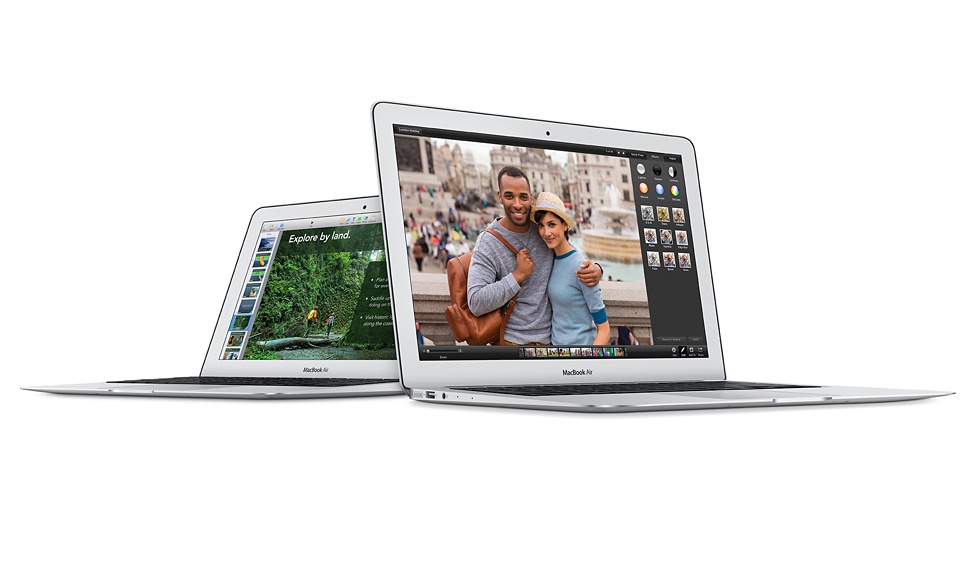
Apple refreshes MacBook Air lineup with new processors
Today, Apple launched a refreshed MacBook Air lineup featuring a higher-clocked Intel Core i5 processor. The minor update comes nearly one year after the company unveiled the previous generation, which toted impressive battery life.
The small bump in speed is a welcome improvement that will make Apple's ultrabooks perform slightly better in resource-intensive scenarios, while delivering comparable battery life to the 2013 lineup. It is, however, not enough to justify an upgrade from the 2013 MacBook Air, in case you are thinking about it, as this is virtually the only difference between the two generations.
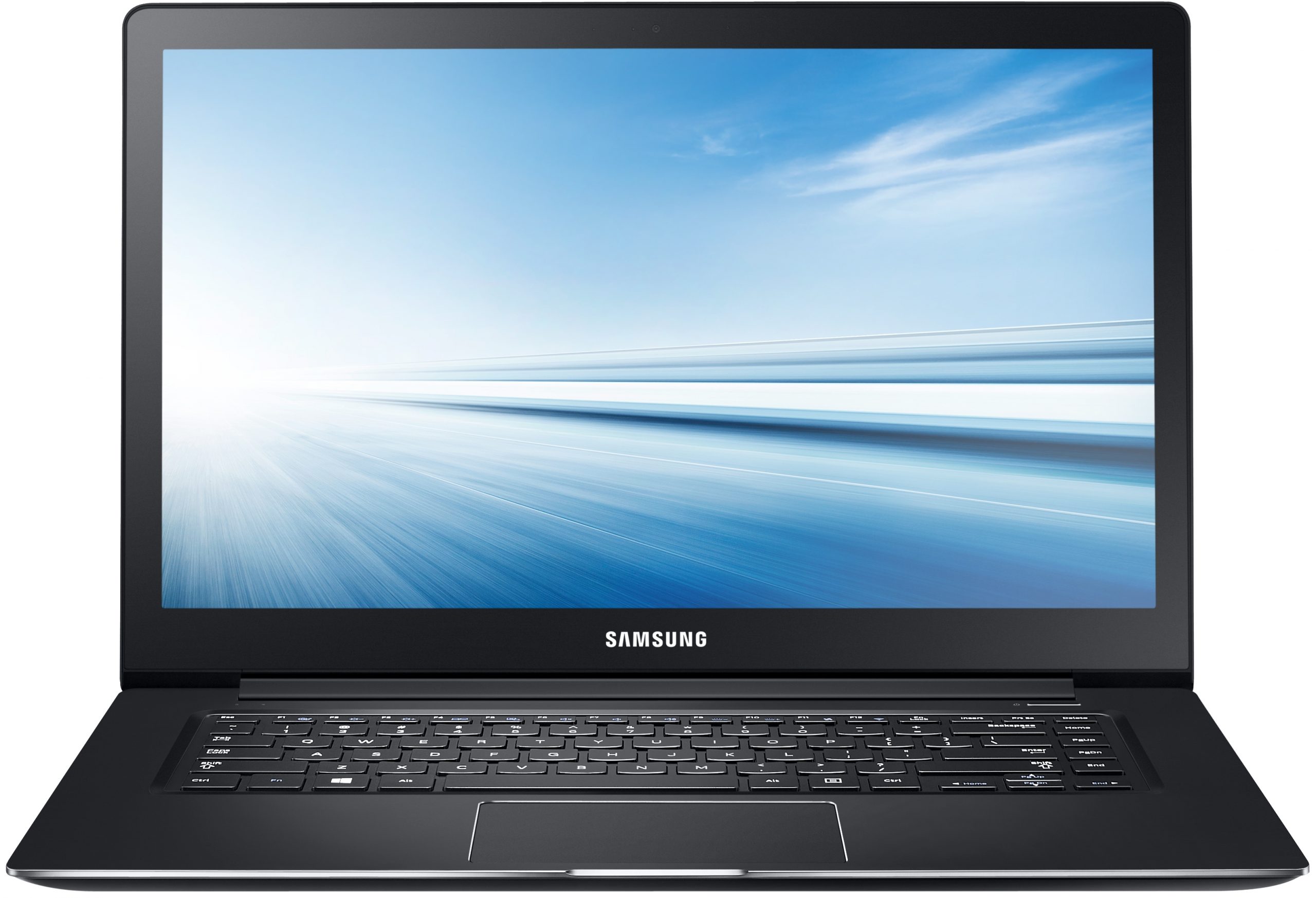
Forget the MacBook Air, Samsung's new ultrabook touts even more battery life
Battery life has long been the Achilles' heel for Windows laptops, as manufacturers have mostly focused on other areas such as outright performance, portability or touchscreens. Consumers who have needed to use their device unplugged for a considerable amount of time have had to attach an external or extended capacity battery, turn to an Apple MacBook (Air) or even switch to a tablet.
Samsung, though, is looking to change the perception that Windows laptops and great battery life do not mix. The South Korean maker's latest ultrabook, the ATIV Book 9 2014 Edition that was just unveiled at CES, touts 14 hours of battery life. If the device can deliver on its promise, it will be a game changer.
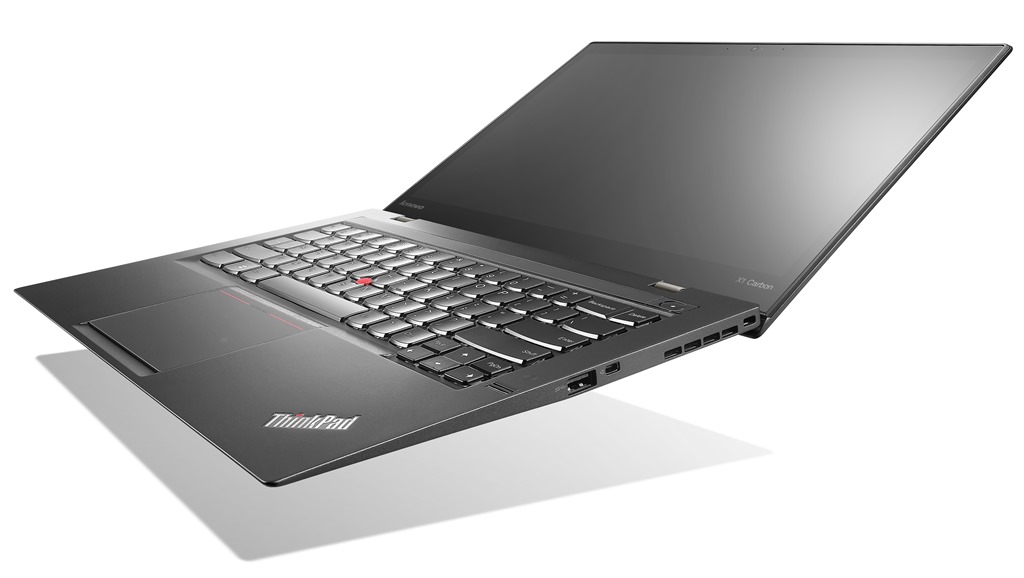
Lenovo unveils ThinkPad X1 Carbon, its ultra-light 14-inch Ultrabook
Lenovo is making lots of announcements today, chief among them being the new ThinkPad X1 Carbon 14-inch Ultrabook. Designed using carbon fiber (which is lighter than magnesium and aluminum but stronger than both), the X1 Carbon weighs just 2.8 lbs, making it the lightest 14-inch Ultrabook in the world.
The X1 Carbon features the Adaptive Keyboard, which dynamically adjusts based on the software or application being used, and also integrates voice and gesture control. The PC comes with an improved ColorBurst Display which, according to Lenovo, "provides sharper, brighter images at higher resolutions with better viewing angles for a superior visual experience".

Dell Latitude 6430u owners complain the ultrabook smells like cat piss
In what could very well be the funniest and most bizarre news of the week, a large number of Latitude 6430u owners have complained on Dell's Community forums that their shiny new business-grade ultrabooks smell like cat piss. As far as I know, the US company has not announced a new, peculiar scent that would differentiate the ultrabook from its competitors.
The lengthy thread, that dates back to mid-June 2013, is filled with posts from Dell customers complaining about the unusual smell. As you can imagine, this has lead to some embarrassing moments. One of the users has taken it so far as to allegedly kill his cat, after assuming the animal was to blame for the problem. Others have been less extreme in their actions, with most owners focusing on highlighting the issue and asking for a solution.
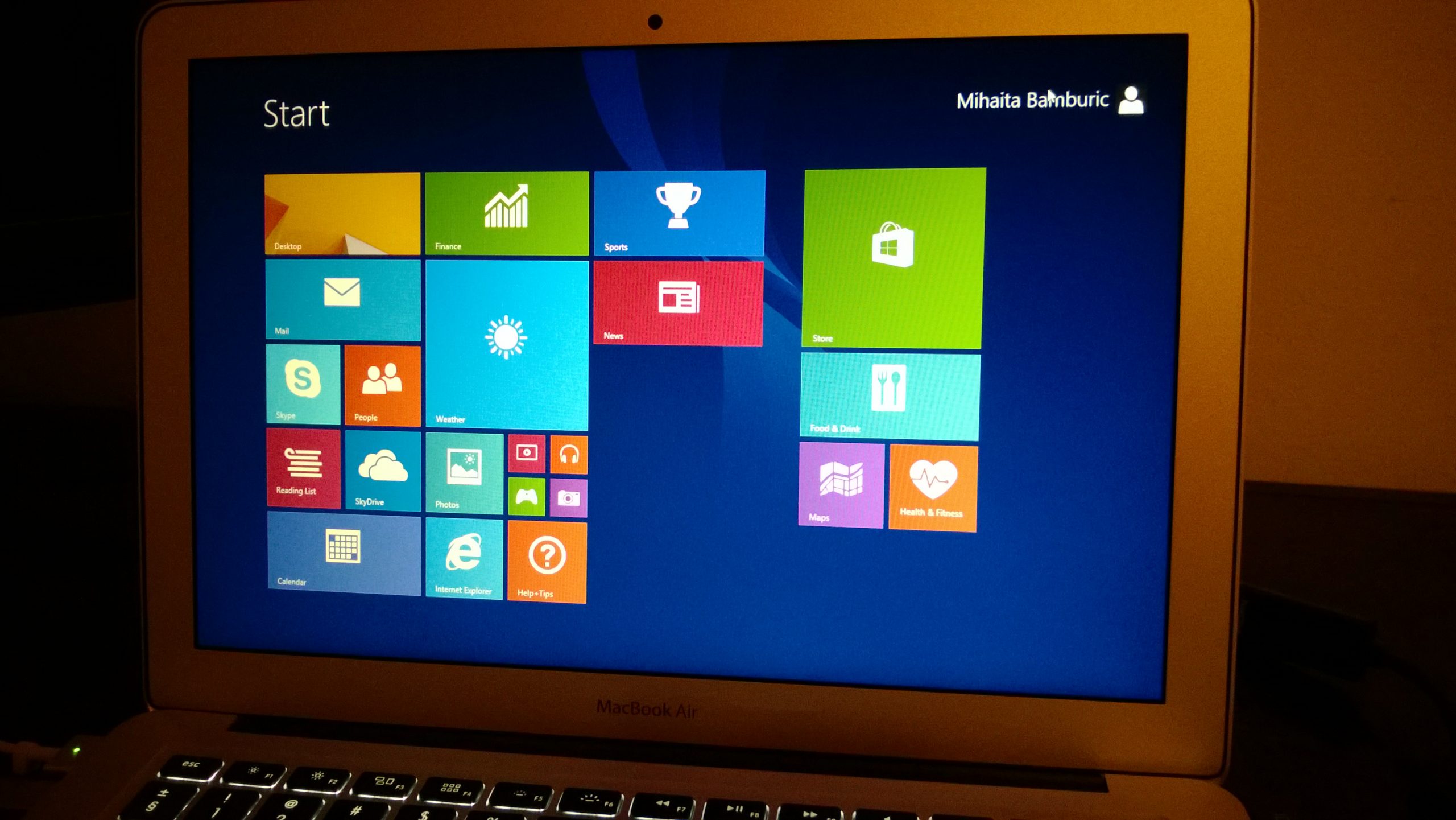
Windows 8.1 on 2013 Apple MacBook Air -- doable, but not a great experience
One of the biggest advantages to owning a Mac, and one of the main reasons why I purchased a 2013 Apple MacBook Air, is the option to run both OS X and Windows natively, without using virtualization software. Apple actively supports Microsoft's PC operating systems by releasing drivers, firmware and documentation, that Mac users can leverage to install Windows and make the best out of a different situation -- after all, Windows is not designed to work on Macs.
The portal to running Windows on Macs is Boot Camp. The OS X software is designed to simplify the process for users, by offering an easy to follow wizard that can be used to create bootable Windows USB drives (and DVDs for older Macs), download drivers, partition the internal drive to make room for the new OS and kick off the installation process. It is very, very user-friendly. Well, most of the time...
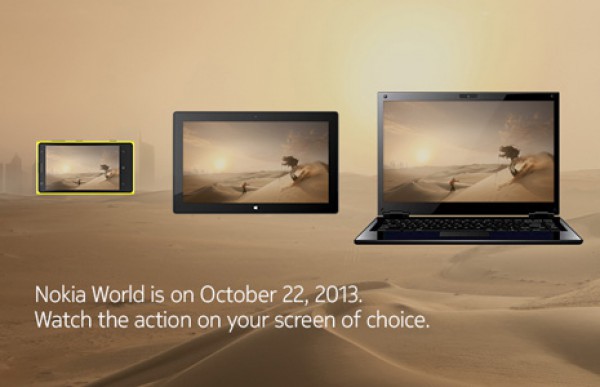
Why is Nokia showing a smartphone, tablet and laptop ahead of the Abu Dhabi event?
Let me preface this story by saying that, here at BetaNews, we have a policy against discussing rumors. Quite often some "leaked" information, provided by anonymous sources, turns out to be false, and we feel that it is best to report details that we know to be true, based on official sources that can be verified and our experience with various products. That said, I cannot help feeling surprised by what Nokia just revealed in one of its blog posts, after reading the rumor stories floating around the InterWebs.
Prior to any major press event Nokia usually posts a teaser showing a small part of an upcoming product, or a hint at what will be unveiled. This approach is designed to keep people interested, or to pique their interest at least, and add a shroud of mystery. But this time around the Finnish maker has released a full-blown poster which most likely features all the devices that the company will announce in Abu Dhabi, the place where its next big press event will be held.
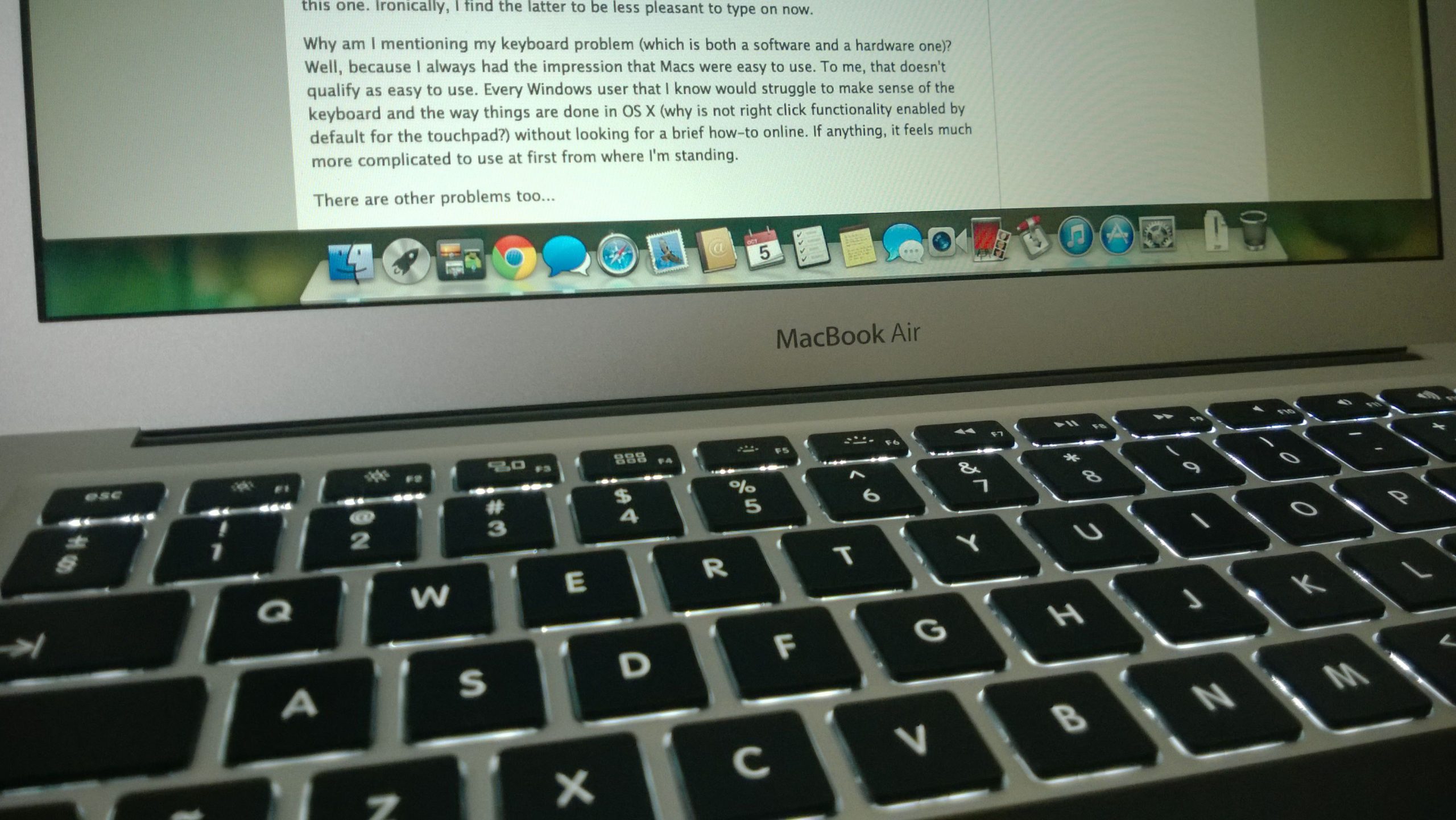
The 2013 Apple MacBook Air from a Windows PC user's perspective
For an exclusive Windows user, the prospect of owning a Mac has been an exciting to-do to cross off my enthusiast bucket list. I have owned two iPhones and one iPad, and have enjoyed all three, but I have never bought a Mac nor have I used one extensively. I have always been curious to see what's on the other side, but some constraints, one of which was Windows-only engineering software, prevented me from looking at any Mac with serious consideration. Luckily, or not, things have changed, and at the beginning of September I bought a new 13.3-inch MacBook Air, hoping to see what all the fuss is about.
I'll admit to being quite passionate about new devices, and always looking to get to know the basics before they arrive at my doorstep. Yes, I too scour the InterWebs searching for the tiniest of details. I just can't help it (and no, I do not believe that I am a control freak). But this time around I decided that the MacBook Air (I'm going to call it MBA from now on) needs a fresh take. Before it arrived, my impressions were that the hardware will not be a surprise (why would it be?) and that the software will take some getting used to. I thought everything was going to be smooth sailing once I settled in... and I was wrong.
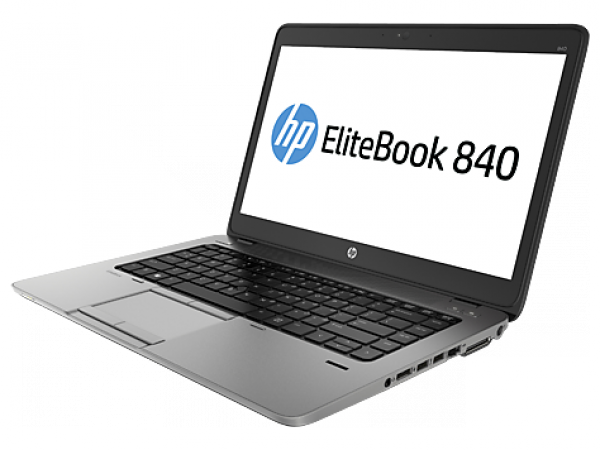
HP EliteBook 840 G1 ultrabook touts 33 hours of battery life, with the obligatory asterisk
I have to admit to being somewhat spoiled by the amazing battery life on my 13.3-inch Apple MacBook Air (mid-2013). It has completely transformed my usage habits and my perspective on mobility and laptops. Using it for 10 hours straight without any charging time is a common scenario, without being exactly light on the throttle. But even the mighty MacBook Air cannot compete with HP's latest ultrabook, the EliteBook 840 G1.
HP says that the EliteBook 840 G1, which is part of the manufacturer's new business ultrabook lineup, can deliver a whopping 33 hours of battery life. As you can tell from the headline, there is a "but" somewhere.

ASUS showcases its new uber-cool Zenbook UX301 ultrabook
I have a bit of a confession to make: I rarely get excited by new tech products. It's not because they are bad (well, in most cases they are not), but rather due to their inability to make me see myself using them. A handset can't really get my heart racing when it looks almost exactly as every other similar device on the market (and, no, I'm not taking a stab at the iPhone here), no matter how hard I try to see the light.
There is, however, a genre which appeals to me -- ultrabooks. Why? Well, manufacturers are so desperate to get people's attention away from the traditional product in this segment -- Apple's MacBook Air -- that they go to great lengths to make their products stand out from the crowd, like a color arc in a rainbow. And that is a good thing. Just look at Acer and its dazzling Aspire S7 or ASUS and its striking Zenbook lineup, the latest member of which is the UX301 that was just teased at IFA. (They're appealing and inviting.)
Acer unveils Aspire M5 with Haswell, makes it Best Buy exclusive
Haswell is the latest catch-phrase in Intel processor architecture, designed as a successor to Ivy Bridge. A low power processor that is made with today's Ultrabooks in mind, the chip debuted early last month and is finding its way into today's hardware. Now Acer announces it will be powering the latest Aspire notebook.
The Aspire M5 (technically the Aspire M5-583P-6428) will be a Best Buy exclusive and packs a Core i5 processor, Intel Wireless Display technology (WiDi), four speakers, 15.6-inch display and multi-touch.
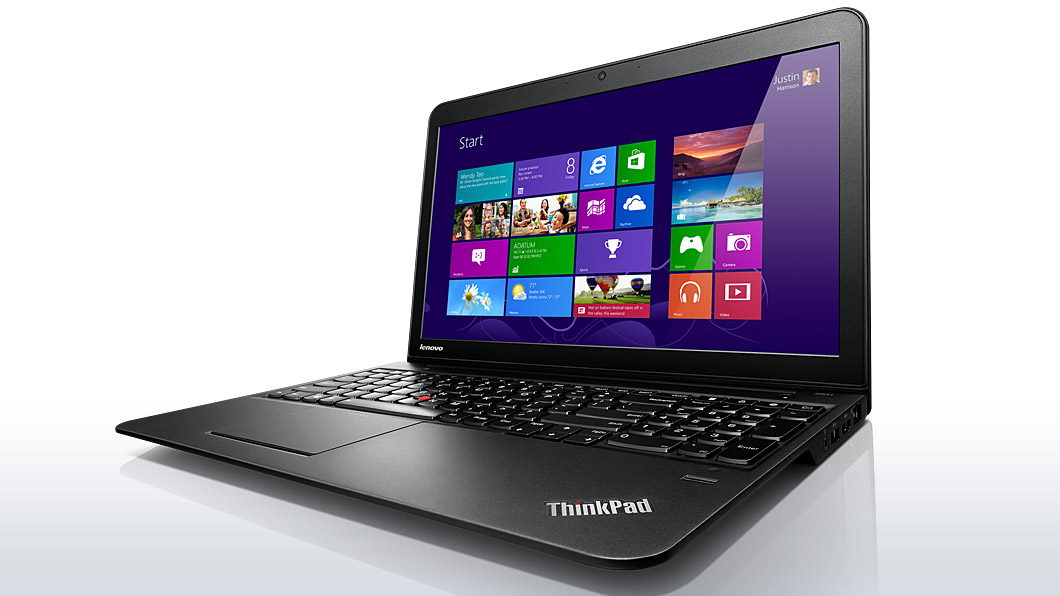
Lenovo unveils its first 15-inch ultrabook, the ThinkPad S531
During the Xander Zhou fashion show in London, yesterday, Chinese maker Lenovo unveiled its first 15-inch ultrabook called the ThinkPad S531. The new device, however, is not all that new inside, featuring third-generation Core processors, rather than Intel's latest "Haswell" offerings.
Despite the fashion connection, the ThinkPad S531 is unlikely to win any design awards (well apart from the "boring boardroom choice"). The ultrabook looks rather understated (maybe a bit too much) and similar to Lenovo's other business-grade laptops, sporting an all-black look that is only interrupted by a couple of logos and the company's now-customary red trackpoint.

Microsoft Surface Pro gets even stiffer competition from new 11.6-inch Apple MacBook Air -- which one would you buy?
To the untrained eye, this comparison appears to be moot. After all, the Surface Pro is a tablet and the 11.6-inch MacBook Air is, indeed, an ultrabook. Traditionally, the two types of devices rarely have anything in common. Tablets offer touchscreens, portability and great battery life while ultrabooks usually fail to deliver the same level of versatility. So how can one pit the Surface Pro against the smaller MacBook Air?
As my colleague Joe Wilcox explained almost seven months ago, the two devices actually have a great deal in common. The Microsoft-branded tablet kicks off at $899, can be coupled with a dedicated keyboard, has expansion ports, runs a fully-fledged operating system and, to its disadvantage, delivers pretty appalling battery life. The Apple-branded ultrabook packs similar hardware specifications, starts at $999 but offers a built-in keyboard from the get-go. And, in the meantime, the fruit company upgraded its device to Intel "Haswell" Core processors which provide a tremendous bump in battery life. Now, more than ever, choosing between the two is a very tough call.
Acer officially announces new Iconia W3 Windows 8 tablet, Aspire S7 and S5 ultrabooks
On Monday, at Computex 2013, Taiwanese manufacturer Acer officially took the wraps off the 8-inch Iconia W3 tablet and unveiled two ultrabooks -- the refreshed Aspire S7 and the new Aspire S5. Each device features Intel processors and runs Windows 8.
The Iconia W3, which was quietly unveiled two weeks ago, packs an 8.1-inch display with a resolution of 1280 by 800. Power comes from an Intel Atom Z2760 processor, similar to a number of other Windows 8 tablets on the market. The device also sports 2 MP cameras on the front and rear and 32 GB or 64 GB of internal storage depending on the trim.
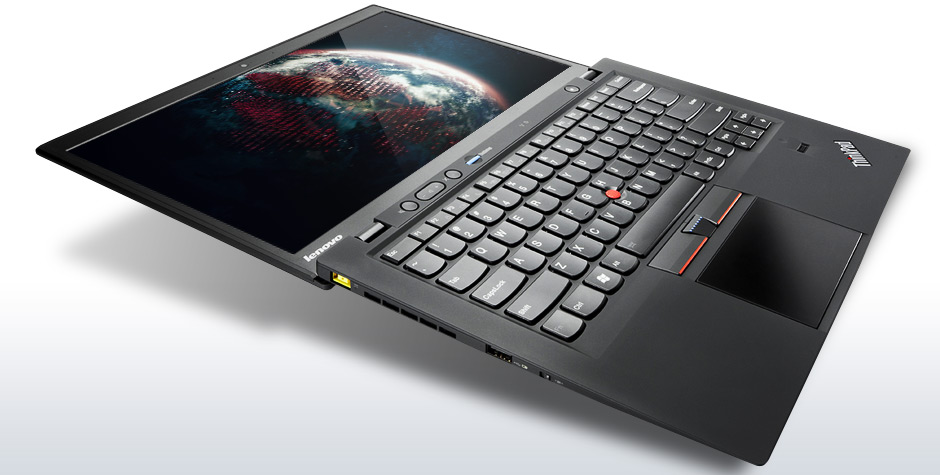
Lenovo equips ThinkPad X1 Carbon ultrabook with touchscreen for Windows 8
Lenovo on Tuesday announced the ThinkPad X1 Carbon Touch, the Windows 8-optimized version of the X1 Carbon Ultrabook it debuted in August for the 20th anniversary of the ThinkPad.
The ThinkPad X1 Carbon Touch has a 14-inch touch display, weighs 3.4 pounds, and has a thickness of 20.8mm. Like the non-touch version, it includes a Lync-optimized 720p face-tracking camera, fingerprint scanner, an eight-hour battery, and optional 3G mobile broadband.
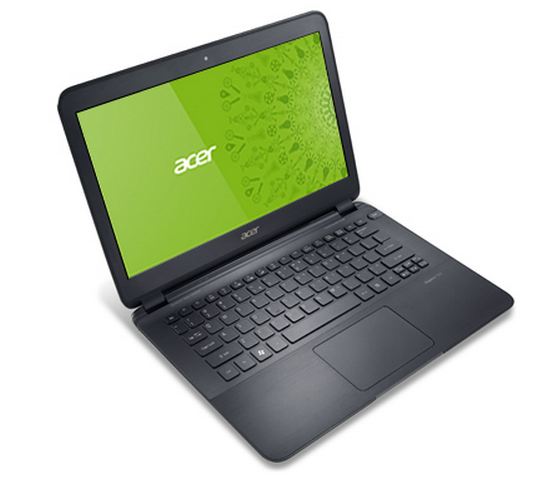
Acer Aspire S5, the ultrabook with the weird I/O trapdoor, comes this month at $1399
Acer America on Thursday announced the price and availability of the Aspire S5-391-9880 ultrabook. This particular PC stands out from the mass of selfsame thin and light PCs because of the interesting design Acer used to hide the machine's extra USB, HDMI and Thunderbolt ports.
With a thickness ranging from 0.44 inches at its thinnest point to 0.59 inches at its thickest, The S5 isn't the thinnest ultrabook going, and at 2.65 lbs, it's not the lightest. Nor is it the most powerful, capacious, or flashy, with a 3rd Generation Intel Core i7-35i7U ("Ivy Bridge") processor, a 256GB solid state drive, and a 13.3 inch (1366 x 768) backlit LED screen, a common feature to many Ultrabooks.
